
The Death of Half-Life
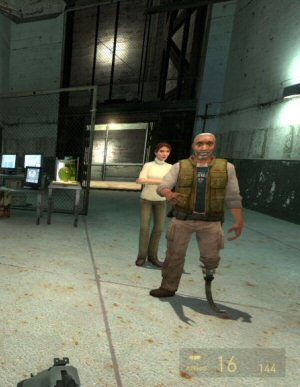
Valve still hasn't admitted it, but the Half-Life franchise is dead. So what made these games so popular anyway?
id Software Coding Style
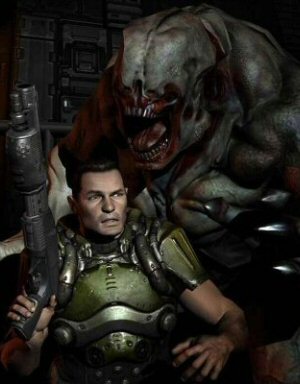
When the source code for Doom 3 was released, we got a look at some of the style conventions used by the developers. Here I analyze this style and explain what it all means.
Fixing Match 3
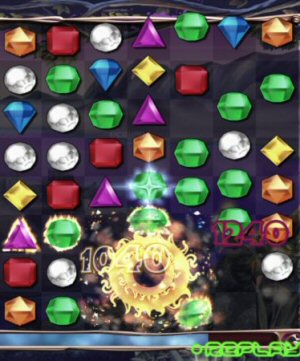
For one of the most popular casual games in existence, Match 3 is actually really broken. Until one developer fixed it.
What Does a Robot Want?
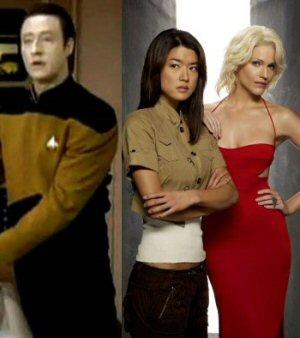
No, self-aware robots aren't going to turn on us, Skynet-style. Not unless we designed them to.
Silent Hill Origins

Here is a long look at a game that tries to live up to a big legacy and fails hilariously.
 T w e n t y S i d e d
T w e n t y S i d e d
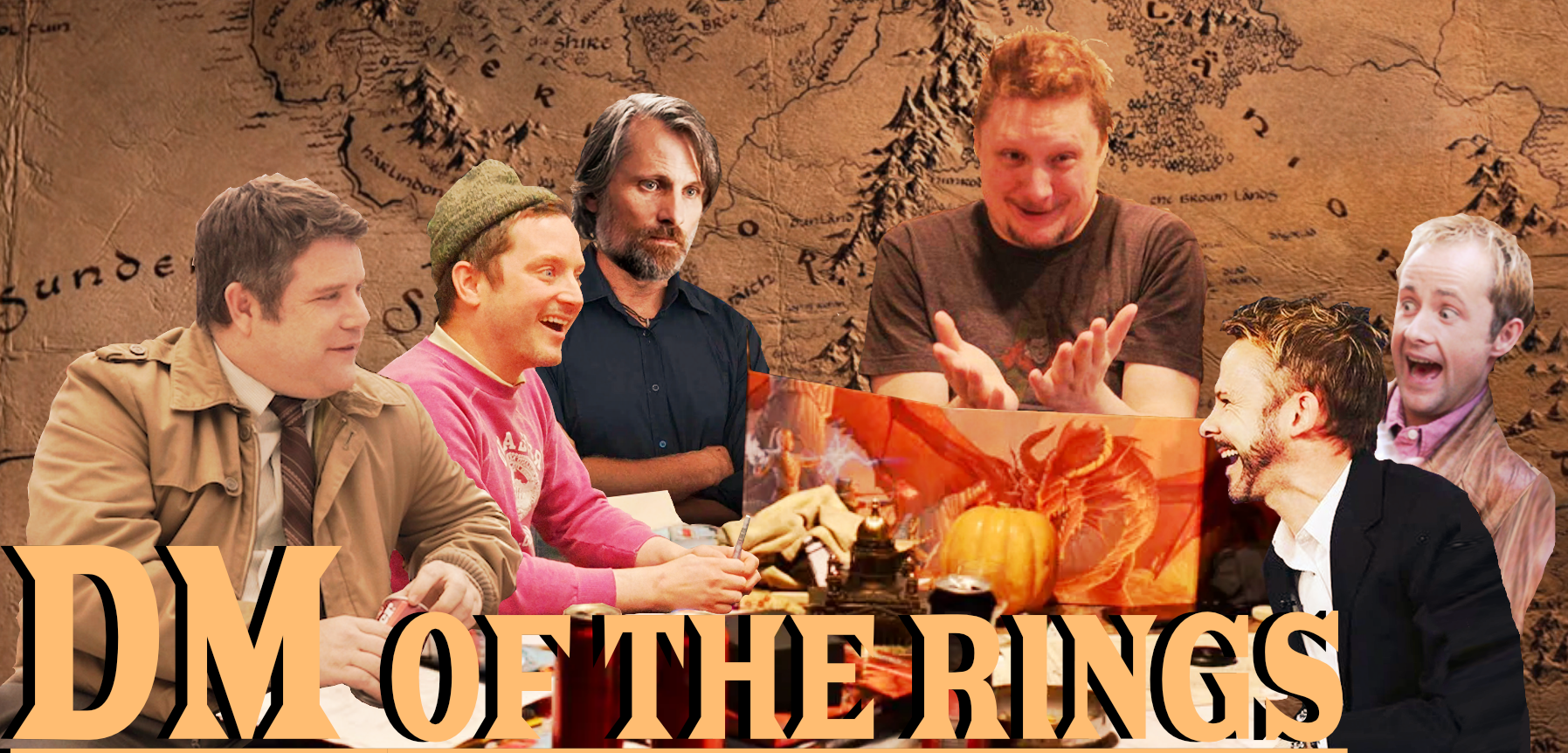
These fantasy backstories are all so dreadfully boring.
It’s usually the same handful of tropes coming back. “King X allied with King Y but later betrayed him.” “Dread Emperor Torture pretended to be a man of the people but turned out to be a tyrant.” “Duchess Richprincessa decided to declare neutrality in the war between the forces of Bloodandmurderistan and The Holy Alliance Of Protecting Babies in exchange for the preservation of her mining operations on Bloodandmurderi lands.”
A lot of writers and DMs seem to think that “politician did something selfish” is an inherently interesting and novel concept, so they may as well add it to the backstory 30 times.
It does make a difference when the player gets some input into the backstory.
I may have said this before – this is the DM writing a book. Except he can’t get published (this would have been before self-publishing became cheap), so he’s working out his frustration by attempting to turn it into a game.
There are a number of frustrated authors attempting this in the video game industry. You can tell because of tropes like “cutscene idiocy”. The writer has not accounted for player agency. A novel needs a *lot* of work to become a video game, and the success rate is not high. A tabletop game has (or should have) even more player agency, since there’s a human who can respond instead of a machine.
Yes this series is funny when it brings this up, but it’s “I laugh because it’s healthier than crying”.
See the Witcher series of video games. They’ve recreated some of the books’ story points, but it’s only barely recognizable.
To be fair The Witcher games were never intended as an adaptation of the books. For better or worse they’re sequels/fanfics and, in my opinion, they’re kinda the most muddled when retreading the themes of the books, particularly regarding Geralt’s character because, you know, he went through that arc in the bloody books.
But do players want to play Geralt as he was in the start of the books, or the end?
It is a problem for agency that the player *has* to play Geralt. There’s no choice about that; they can’t play some other witcher. Which is one reason I played about 20 hours of the first game, my save got corrupted and I haven’t been back.
I suspect that the players who are OK with playing Geralt (the ones who’ve read the books) are probably doing some fanfic in their heads anyway, replaying the arc.
One reason Arcane was successful was that a) the champions really had very little backstory and b) they decided to more or less ignore that backstory unless it made sense in the story they were building – which hung together on its own. I’ve never played LoL, and don’t really want to. But the story and characters made sense.
Book to movie or movie to book can be done, though there’s compression. TV series to book can also be done; less compression.
Video game to book or movie or TV series is much harder, and probably involves going the Arcane route to be successful. The various attempts at doing video games based on the LotR stuff bear this out – the ones that were sort of successful were successful when and to the extent they went their own way.
See also the Fallout TV series, which took few characters from the games, and those were cameos.